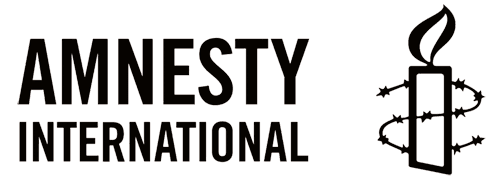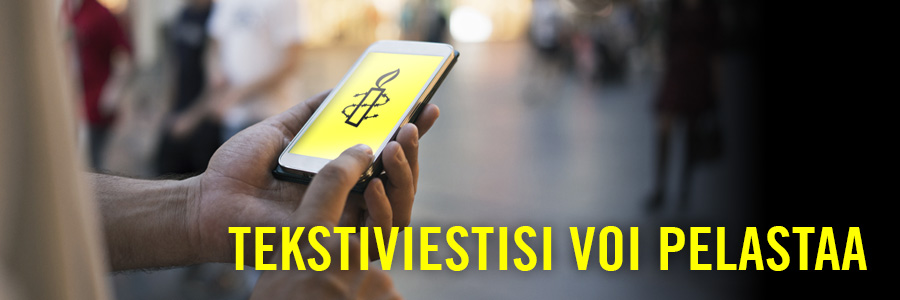Dear Head Prosecutor Jose Luis Cipolletti,
I am concerned over the prosecution of Pierina Nochetti for allegedly painting a graffiti in a public wall with the question “Where is Tehuel?”. This question has been a wide call of a collective claim for justice in the disappearance of a 21-year-old trans man when he was on his way to a job interview in 2021.
Pierina is an artist, educator, mother, the main provider for her family, and an employee of the local government, where she had already faced administrative reprisals for her activism during the 2022 Pride Parade, including salary reduction. Since there seems to be no record of accusations for other paintings on the same wall, which include hateful messages, I fear she is targeted for her activism on LGBTI+ rights, as well as for her gender identity, gender expression and sexual orientation. Pierina is at greater risk of discrimination due to her identity.
She is facing criminal prosecution since 2022 and the unjustified prolongation of it has a severe impact on her human rights, including their emotional wellbeing and on right to peaceful protest and freedom of expression.
International human rights law requires restrictions to the right to freedom of expression to be clearly established in law, and to be necessary and proportionate to a legitimate aim.
I call on you to drop the charge of “aggravated damage” against Pierina Nochetti as it appears to be an unnecessary and disproportionate restriction on the right to freedom of expression. Imposing such charges on human rights defenders for freely expressing themselves sends a chilling message that could further curtail the right to protest peacefully.
Taustatietoa
Pierina Nochetti is a mother of three kids and the primary provider at home. She defines herself as a visible lesbian and an LGBTI+ activist. For a long time, she has participated on the committee organising the Pride Parade in Necochea, a coast town in the Buenos Aires Province. Over the years, she has shown a commitment to human rights speaking up to build a world where people can enjoy their human rights freely and equally.
Pierina Nochetti has been amplifying calls for justice in the disappearance of a young trans man, Tehuel de la Torre. Tehuel’s family, together with transfeminist and LGBTI movements and human rights organisations, have led this campaign since his disappearance. Tehuel was last seen on 11 March 2021, when he was going to a job interview.
Pierina has already faced penalties involving a ten-day salary reduction at the local Government where she works. After that, they filed a criminal complaint on the graffiti and have promoted the legal action against her. This prosecution comes after Pierina spoke to her superiors about her unequal conditions and treatment at work potentially based on her sexual orientation and gender identity.
Argentina is a party to various international human rights treaties that protect the right to freedom of expression, including the International Covenant on Civil and Political Rights (ICCPR) and the American Convention on Human Rights. Under international human rights law, restrictions to the right to freedom of expression must be provided by law and be necessary and proportionate to a legitimate aim. The UN Human Rights Committee has clarified that penalties for damages to property in the context of protests need to be narrowly construed and has set a high threshold for considering pursuing cases only when damages are “serious” as they would otherwise constitute an undue restriction.
There has been much progress in protecting the rights of LGBTI+ people in Argentina in the last decades, including equal marriage, the right to gender identity, the right to an employment quota for trans people in the public sector, the right to abortion and the right to comprehensive sexual education, among others. However, LGBTI people, primarily trans and non-binary people, experience severe discrimination in accessing their rights to health, employment, education and the right to live free from violence based on their gender identity or sexual orientation. In 2023, the National Observatory of LGBT Hate Crimes registered 133 hate crimes in Argentina against people because of their identity, gender expression or sexual orientation: 84% of these attacks were against trans women. Of the total number of crimes, 40 were attacks against physical integrity. This violence and exclusion are more profound when analysed from an intersectional perspective, including LGBT+ activists and defenders. In addition, LGBTI+ people are facing a context of increasing speeches that incite hatred and that pathologize sexual diversity -even from government spheres- that enables a rise in hate crimes based on sexual orientation, gender identity and gender expression.


